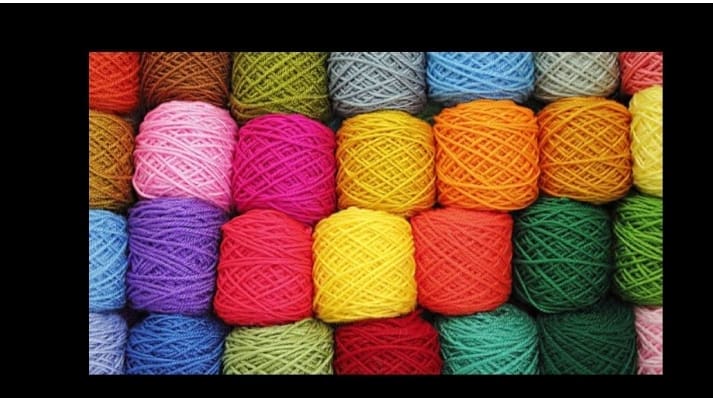The supply chain of the textile and apparel industry is the core concern for the global manufacturers during COVID-19. Matthijs Crrietee, Secretary-general of IAF (International Apparel Federation) recently gathered the top industry experts around the world to describe the current impact of COVID-19 on textile and apparel sector with Han Bekke, President of IAF; Wilson Zhu COO of Li & Fung; Joachin Hensch, Managing Director of Hugo Boss Textile Industries; Musadaq Zulqarain, Chairman of Interloop Limited and Ijaz A. Khokhar, Chief Coordinator of PRMGEA (Pakistan Readymade Garments Manufacturers & Exporters Association).
Figure 1: Apparel retailers are trying to get their feet back on e-commerce or other strategies.
Due to the COVID-19, the $3 trillion apparel market is highly affected. According to the International Apparel Federation By 2020, sales are expected to decline by 50%, compared to 27-30% of revenue, and more than 80% of companies are facing financial problems such as bankruptcy. Apparel retailers are trying to get their feet back on e-commerce or other strategies.
Already in many countries, brands are reopening their stores. On the other hand, 65% of consumers will reduce their spending on apparel. Even on Amazon clothing and footwear sales were down 41% from February to March. Wilson Zhu, COO of Li & Fang, said more than 42% of people think it will take 5-6 months or more from now until their spending returns to normal.
Over the next 6 months, many holidays are being held. During the holiday season, U.S. retailers sold more than $750 billion apparel last year.
Figure 2: COVID-19 is reshaping the global apparel industry.
Retailers and brands are going forward with their strategies and manufacturers also getting new orders. But apparel manufacturers are the most sufferers because they are facing a significant crunch in liquidity.
COVID-19 is not an isolated factor, it’s a global factor. China, Bangladesh, Sri-Lanka, India all faced the issues. Pakistan Apparel sector also took hardship. Pakistan apparel sector faced the order cancellation, shipment hold, and unilateral payment term extension.
To save the worker, the Pakistan government issued a concessional loan to partly cover 3-month salaries provided no layoffs moratorium on payment of principal. To prevent bankruptcies Pakistan took the resumption of work under strict SOP’s (standard operating procedure) with partial capacity utilization and extra overheads but without the help of brands’ receivables of payments, it will get tough.
Figure 3: Personnel security checks the body temperature of employees in Dhaka. Courtesy: World Economic Forum.
Musadaq Zulqaranain, Chairman of Interloop Ltd said, “Apparel industry has to reinvent it’s self with preserved cash to reduce liquidity, reengineering capabilities, amplifying digitalization, inevitable shift towards sustainability, and well-being of workers should be foremost”.
He also said, “The overall survey indicates that 50% of companies want to reduce their business in China but it wants to increase it by 13%, 32% want to reduce their business and 11% want to grow in Bangladesh, similarly, 37% of companies want to reduce their business and 10% want to grow in India, 24% of companies want to expand their business because of their performance.”
At the end of the pandemic, the Re-Set of the supply chain will occur. Fast fashion will go to slow fashion, change in order rhythm, e-commerce will go rapidly but will take more time to replace shops, re-consideration of sourcing strategy and buyer-supplier relation will be rebalanced. Manufacturers around the globe are taking a new initiative to rise back again.
Turkish manufacturers took a new initiative to increase the working shift to maintain social distancing with fewer workers in a shift. Pakistani manufacturers suggest selling the cancelled order of their own by changing the buyer’s tag so that they repair themselves with the cost of manufacturing.
Bangladesh RMG reopened their factories and receiving new orders. Bangladesh garments sector is following SOPs to maintain health security for workers. Regular temperature checking, proper sanitization, and social distancing are being established in factories.
During this situation with SOP RMG sector must go on, because many trusted buyers either cancelled orders or wanting an unreasonable discount. Rubana Huq, president of BGMEA said,” once buyers were our partners and now, they are strangers”.

